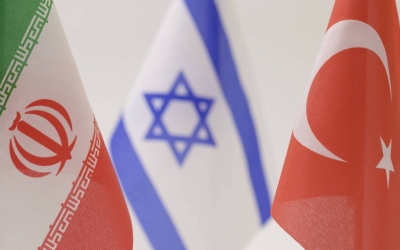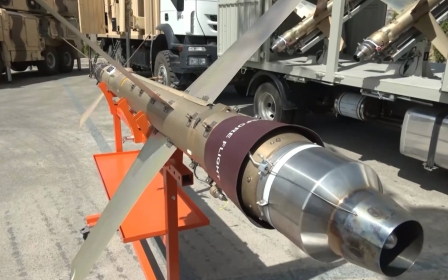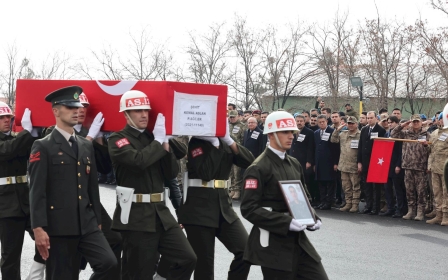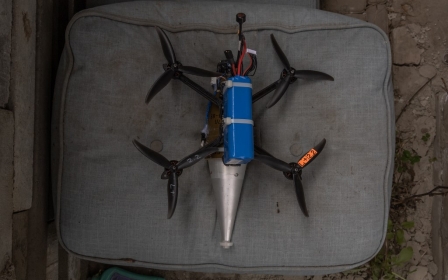Ankara attack disrupts talks between the PKK and Turkish government
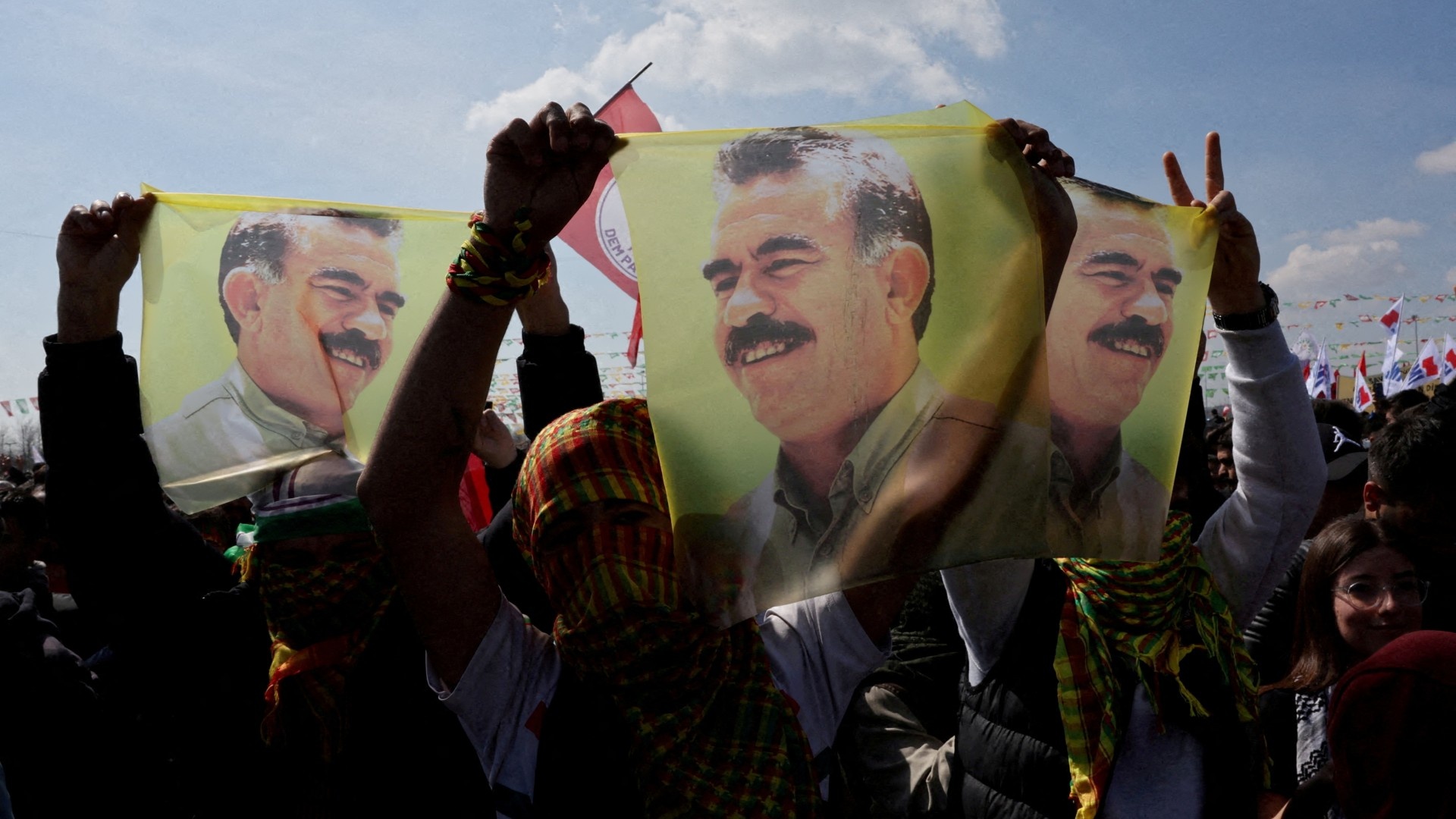
Efforts to initiate dialogue between Turkey’s government and the Kurdistan Workers' Party (PKK) appear to have been disrupted following an attack by the armed group on a Turkish state defence company in Ankara last month.
The attack, which claimed the lives of five people and wounded 22, was widely perceived by Turkish officials and analysts as a direct response to the controversial calls from the head of Turkey’s largest nationalist party for Abdullah Ocalan, the imprisoned leader of the PKK, to address parliament and lead efforts to disband the group he founded.
Devlet Bahceli, the chairman of the Nationalist Movement Party (MHP) and a key figure in the ruling coalition, initiated this unexpected move on 3 October, shaking hands with representatives of the pro-Kurdish Dem Party in parliament and recognising them as legitimate political actors.
Since then, Bahceli has floated several proposals to address Kurdish issues, including granting Ocalan “the right to hope”, a legal concept that could pave the way for his eventual release.
The following day, Ocalan received his first visitor in 44 months, his nephew and Dem Party MP Omer Ocalan, on Imrali Island, where he has been imprisoned since 1999.
New MEE newsletter: Jerusalem Dispatch
Sign up to get the latest insights and analysis on Israel-Palestine, alongside Turkey Unpacked and other MEE newsletters
However, the PKK’s attack on the Turkish Aerospace Industries (TAI) in Ankara has been interpreted as a clear signal that the group is unwilling to engage with the government on the terms of disarmament and disbandment.
Some western diplomats in Ankara, speaking to Middle East Eye, have raised doubts about whether the PKK could have organised such a complex attack so quickly - just one day after Bahceli’s outreach to Ocalan in parliament.
However, Turkish officials point out that Bahceli’s initiative began weeks earlier in early October, meaning the PKK had ample time - nearly 20 days - to plan its response.
In a bid to deflect blame, the PKK issued two separate statements claiming the attack was carried out by autonomous factions within its armed wing and was not a direct response to Bahceli.
Yet this failed to convince many in Ankara. The attack has reignited deep scepticism among government officials and the Turkish public, especially given the failure of the last attempt at peace talks in 2015, which triggered a new wave of violence across the country.
Cautious strategy
President Recep Tayyip Erdogan has largely kept his silence about Bahceli’s initiative, reportedly to shield himself from potential political fallout.
Instead, the outreach has been handled by a small circle of Erdogan’s close aides, rather than the government’s top leadership, in coordination with Bahceli.
This cautious strategy has fuelled speculation of a rift between Erdogan and Bahceli, prompting both leaders to issue strong public statements this week denying such claims and reaffirming the nationalist’s central role in the initiative.
Many in Erdogan’s camp remain unconvinced of the merits of negotiations with the PKK.
Some Turkish officials argue that the military strategy of driving the PKK out of Turkey and into northern Iraq and Syria has been effective, leaving little incentive to open talks unless the group demonstrates a clear and genuine commitment to full disarmament.
In response to the Ankara attack, the government has ramped up pressure on the PKK and people perceived to be affiliated.
Authorities removed a district mayor in Istanbul’s Esenyurt, where the Dem Party had formed a coalition with the main opposition CHP. Three more Dem mayors in southeastern Turkey were also unseated.
Additionally, Abdullah Ocalan’s lawyers announced on Thursday that a court had imposed a six-month ban on him receiving visits from his legal team.
Sources close to the government suggest that Ankara is pursuing a dual approach to the PKK: maintaining military and political pressure while keeping the door open for dialogue.
“While the government will continue targeted operations and political actions, such as removing mayors aligned with the PKK, it remains open to discussions,” said one source familiar with the issue.
“The government does not want a repeat of 2015, when the PKK exploited a ceasefire to regroup within Turkey and rebuild its logistical networks.”
This is why Bahceli, according to these sources, is still regularly speaking about the need to bring a resolution to the PKK issue in his speeches, calling on Ocalan and the group’s cadres in Iraq’s Qandil mountains to act.
Middle East Eye delivers independent and unrivalled coverage and analysis of the Middle East, North Africa and beyond. To learn more about republishing this content and the associated fees, please fill out this form. More about MEE can be found here.


